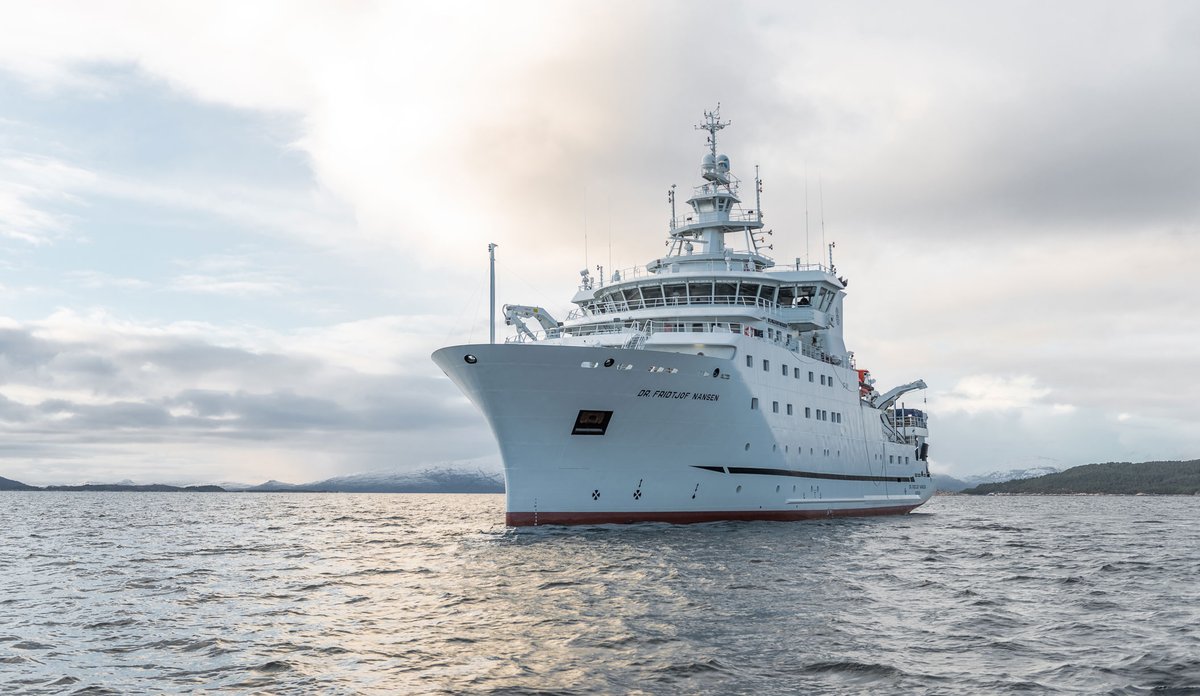Global Development

Research vessel "Dr. Fridtjof Nansen"
Photo: Christine Fagerbakke / IMRProgramme description
Through scientific networking projects and institutional co-operation, the Programme for Global Development assists developing countries in achieving sustainable benefits from marine resources. The programme provides science support primarily within fisheries, aquaculture, food safety and nutrition as well as integrated ocean management. The programme has a global reach from the Antarctic to Africa, Asia and Latin America and addresses possible new and future global resources in addition to the sustainability of present human activities relating to the ocean.
Impact
The programme (established in 2017) and its predecessors (since 1965) has provided capacity building and scientific networking with people and institutions in numerous countries in Africa, Asia, and Latin America. Science support has been provided to fisheries management in many countries and several regions. Aquaculture projects and focus on food safety has increased in recent years. The programme has also contributed to mapping and understanding of new resources like Antarctic krill, mesopelagic fish, and lower trophic level aquaculture.
Core activities
Data/monitoring
IMR provides scientific services and research vessel services to the Nansen Programme funded by Norad and coordinated by FAO. Surveys with the RV Dr. Fridtjof Nansen provide monitoring of fishery resources and many types of data to address the related science programme. IMR hosts a dedicated data center for the Nansen Programme serving partner countries and the FAO. Data and monitoring in other projects are handled according to standard IMR procedures.
Research
Research is a fundamental building block for sustainable ocean management. Joint publications with researchers from developing countries and input to management plans document the research performed. The global reach of the programme opens possibilities for comparative studies from different regions, filling important gaps and “white spots” on the global ocean map of resources, possibilities and threats.
Advice
Advice to fisheries management is provided through collaboration with the Norwegian Directorate of Fisheries, FAO, Regional Fisheries Bodies, and national institutions in collaborating countries. There is collaboration with the Norwegian Veterinary Institute on advice to aquaculture and with Norad on advice on a strategic level.
Future challenges
The global ocean environment is exposed to increasing pressures from more and more human activities particularly in the coastal zone. There is also increasing competition for space as global food security demands more production from the ocean, and new ocean industries including ocean-based renewable energy grow. To address these and other challenges, Sustainable Ocean Planning has emerged as an overarching theme for the UN Decade of Ocean Science for Sustainable Development based on recommendations from the Ocean Panel. In order to provide science support to such activities, there is a need for broadening the expertise involved in the programme both from within and perhaps outside IMR present capacities.

Published: 07.11.2022 Updated: 11.03.2024

